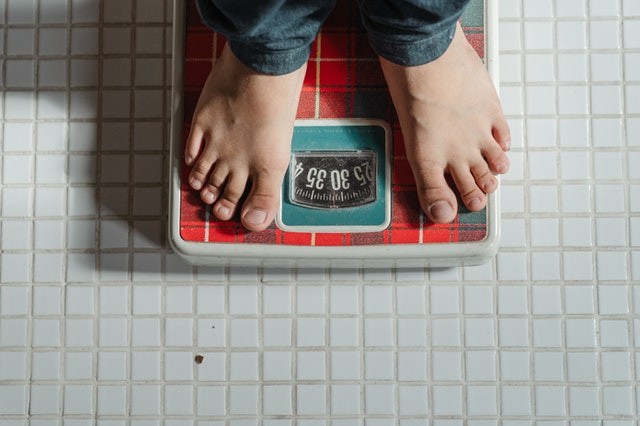Researchers recently suggested that the rising incidence of obesity and its humiliation may make adults more likely to miscalculate their body mass index and body size.
As indicated in a EurekAlert! report, a study of more than 740 Polish adults showed that less than two-thirds of adult individuals could accurately estimate their BMI, and less than half can identify their body size.
Wojciech Gruszka and colleagues calculated the BMIs of adults between 2010 and 2011 and compared this to the participants' estimates of their body size and BMI.
Participants, who were aged 36 years old on average, and whom a little over 60 percent were women, reported how satisfied they were with their bodies.
Twenty-one participants had underweight, below 18.5 kg/m2 BMI, while more than 320 had healthy 18.5 and 24.9 kg/m2 BMI. Other results showed that 221 had an overweight, from 25 to a little over 29 kg/m2 BMI, and more than 170 had an obese, above 30 kg/m2.
In their research, the study authors began by introducing body image as being conceptualized as a "multidimensional construct" that comprises "positive and negative self-perceptions," not to mention attitudes such as feelings, behaviors, and thoughts about the body.
This universal term includes affective, subjective, behavioral, perceptual, and affective processes. In addition, the researchers indicated in their introduction that incorrect body size assessment in patients with bulimia nervosa and anorexia nervosa was previously confirmed.

Adults Estimating Their Own BMI and Body Size
In the study, Perception of body size and body dissatisfaction in adults, published in Scientific Reports, the authors found that 63.5 percent of participants estimated their own BMI and 49.5 percent accurately estimated their body size.
They found, too, that participants often miscalculated their own BMI and body size. More than 17 percent of those with a healthy BMI estimated that they had an underweight BMI.
More than 14 percent of those with an overweight BMI estimated that they had a healthy BMI, while a little over 41 percent of those with an obese BMI approximated that they had an overweight BMI.
Furthermore, over 39 percent of the participants who have a healthy body size projected that they had an underweight body size.
A little over 35 percent of those who have an overweight body size approximated that they had a healthy body size, while more than 40 percent of those who have an obese body size projected that they had an overweight body size.
Men More Likely to Become Satisfied with Their Body Size
In a similar report, Medical Xpress specified that only 25 percent of the participants said they were satisfied with their current body size, and 65 percent said they wanted a smaller body.
Essentially, men were substantially more likely to underestimate their own BMI and body size than women. They were also found to be more satisfied with their body size.
A more extensive study is needed to examine further if psychological interventions that address body size perceptions could help people manage their weight better, the researchers add.
Related information about BMI and health is shown on Vox's YouTube video below:
Check out more news and information on Obesity in Science Times.











